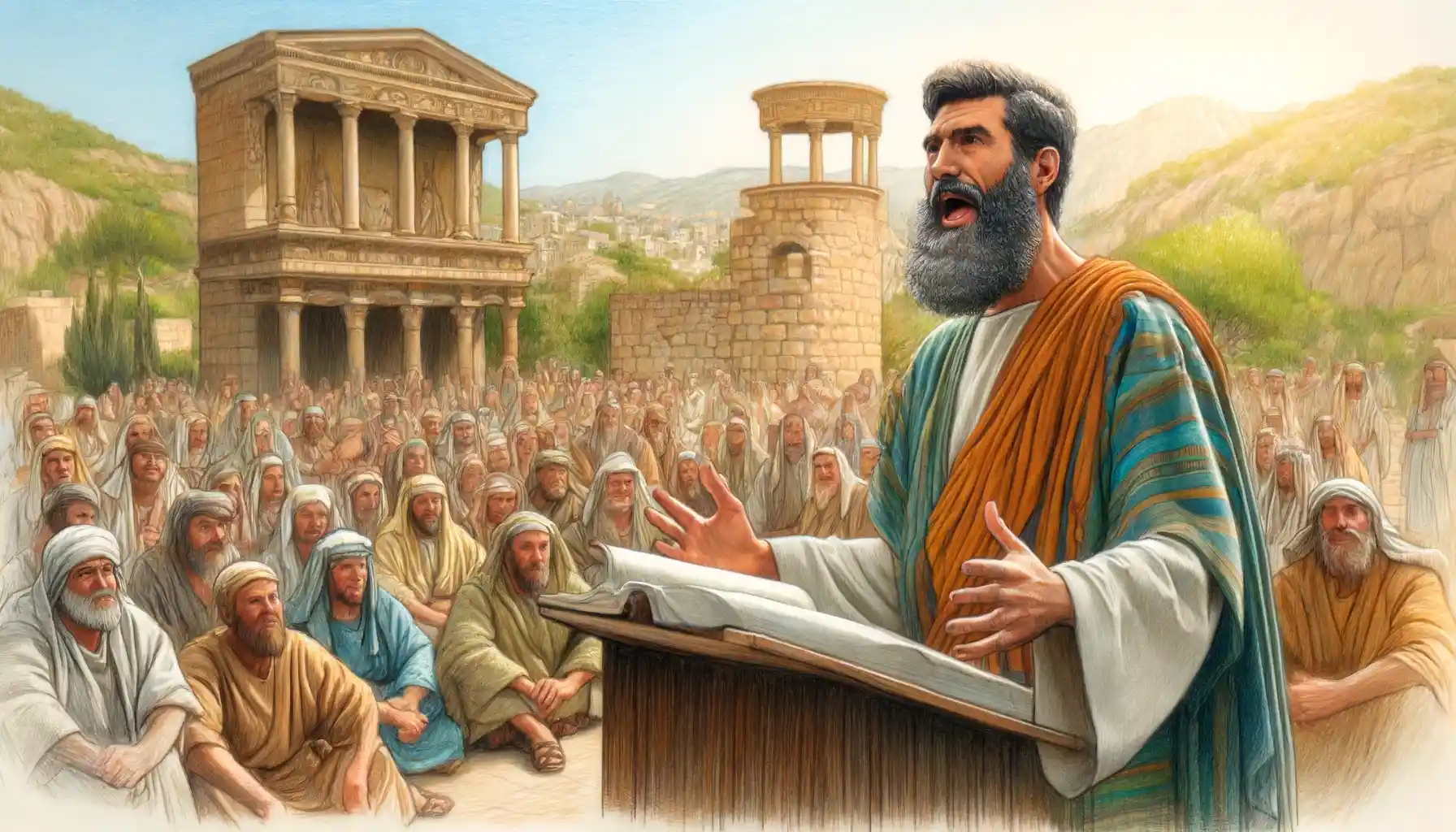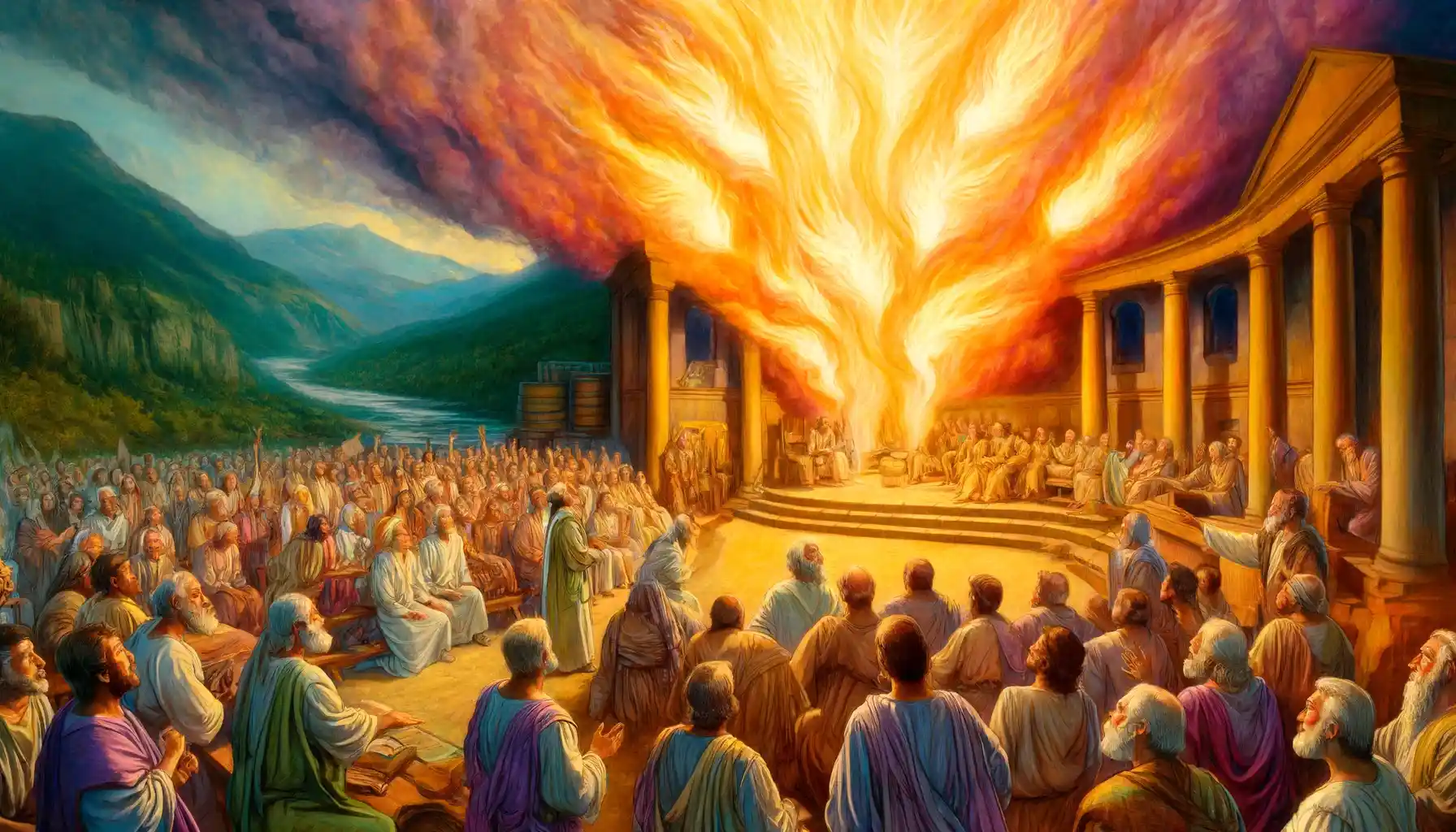Antioch, known as the “Cradle of Christianity,” was a pivotal city in early Christian history, serving as the first place where believers were called Christians, the launching point for Paul’s missionary journeys, and a key center for the inclusion of Gentiles in the faith, significantly shaping the spread and theological foundations of early Christianity.
The Council of Jerusalem, described in Acts 15:1-35, addressed the controversy over whether Gentile converts to Christianity needed to follow Jewish law, ultimately deciding that they did not need to be circumcised but should abstain from certain practices, thus fostering unity in the early Church.
Barnabas’s role as an encourager, a bridge-builder between Jewish and Gentile Christians, and a pioneering missionary alongside Paul, underscores his critical contributions to the spread and establishment of early Christianity.
The Book of Acts is vital for understanding the development of the early Christian church and its teachings, serving as both a historical document and a theological treatise.
Jerusalem, a city steeped in millennia of history, holds profound significance for Christians as the site of Jesus’ crucifixion, resurrection, and the birthplace of the Church, embodying the fulfillment of biblical prophecy and a beacon of hope for the promised return of Christ.





